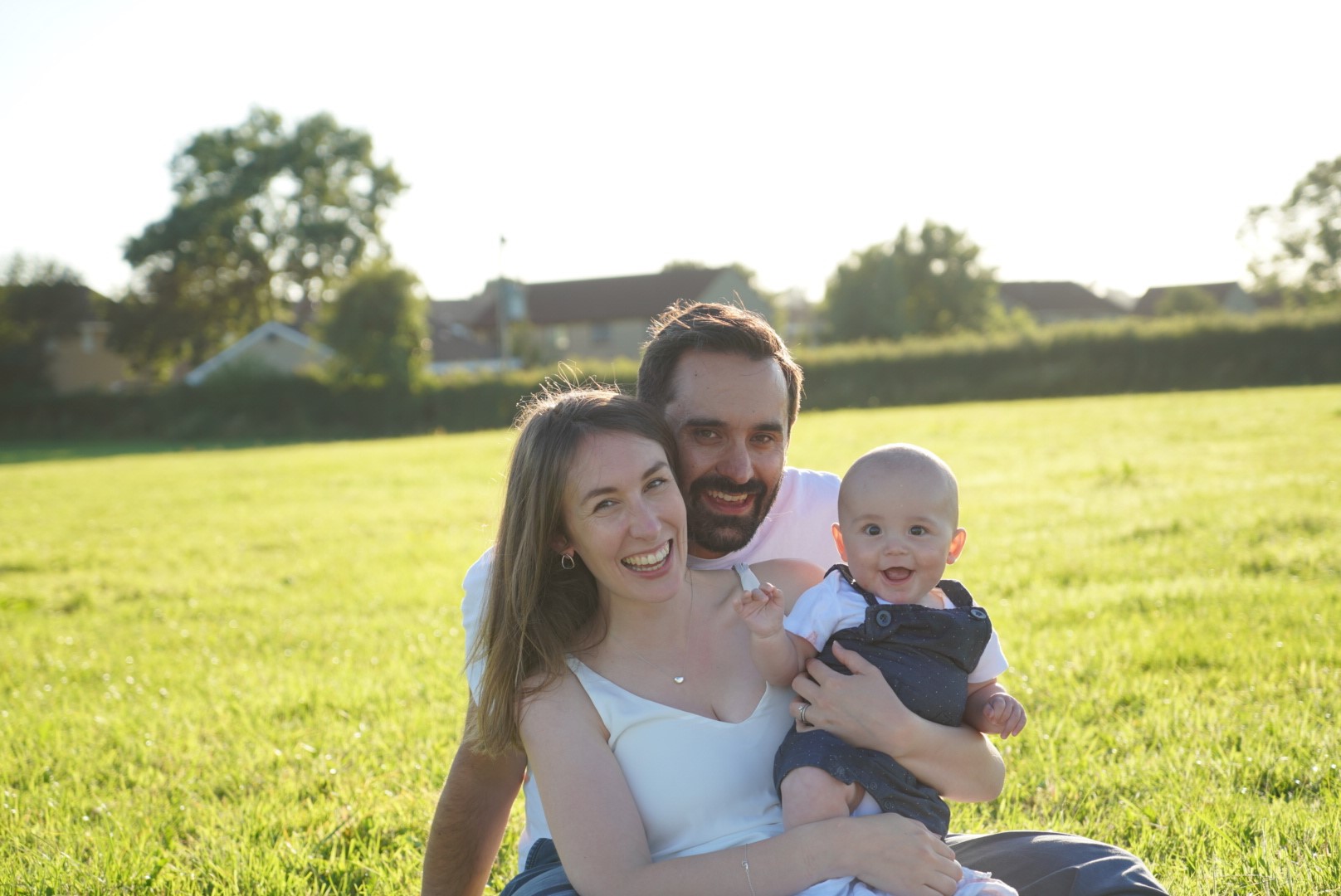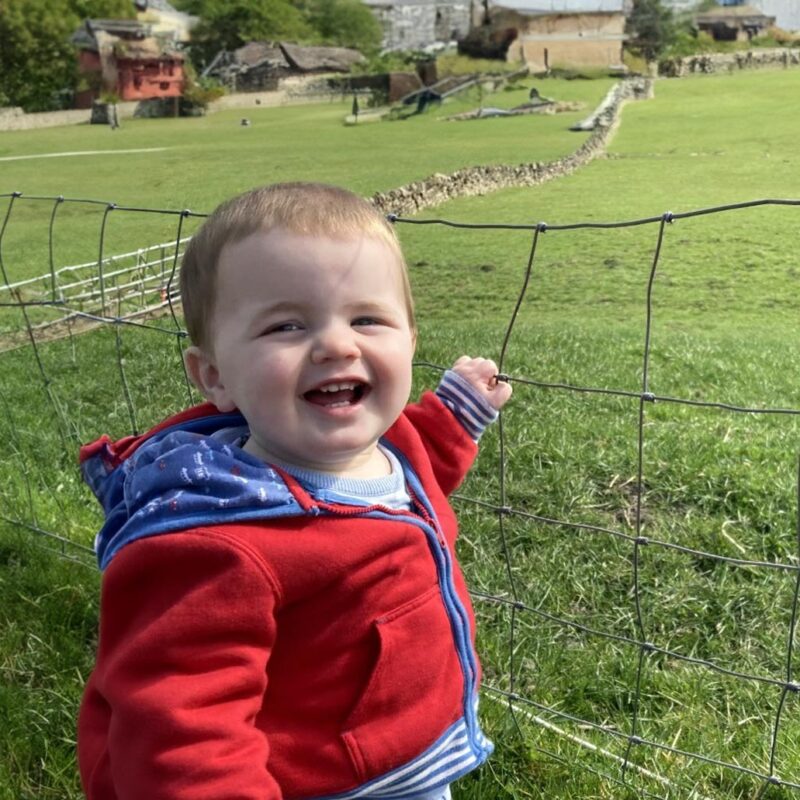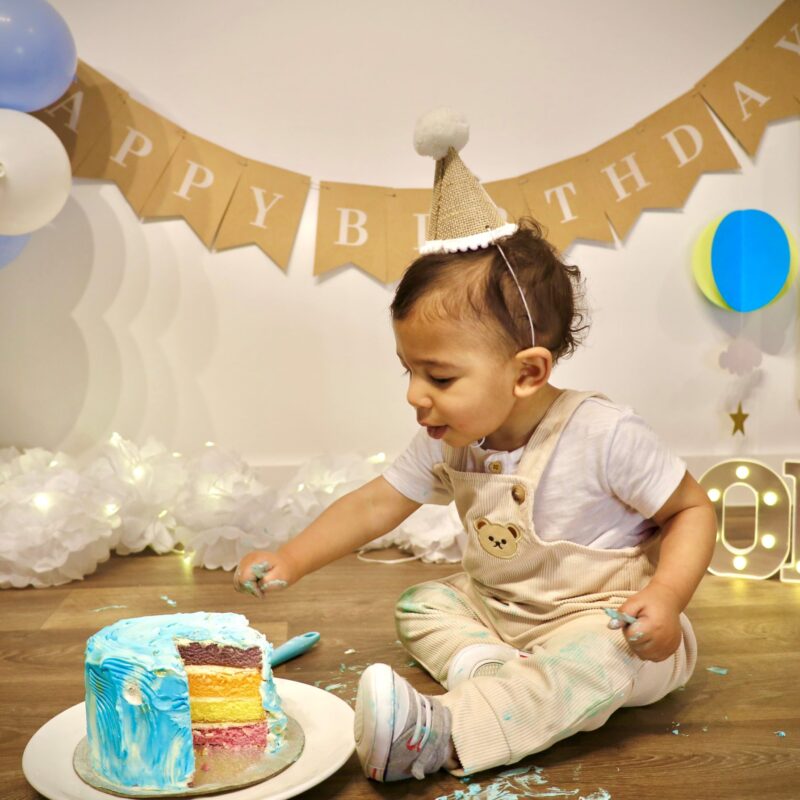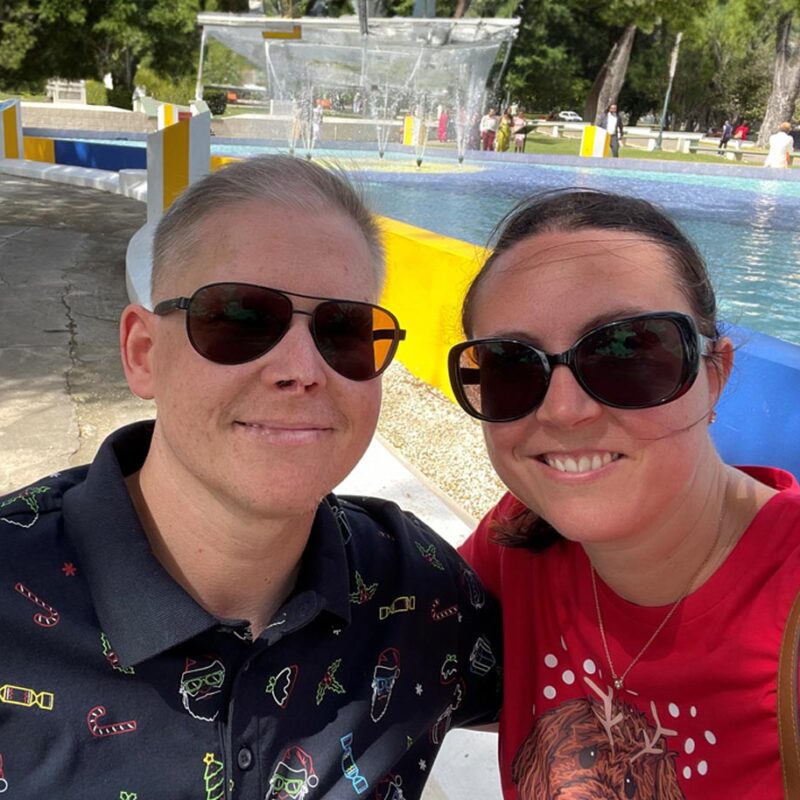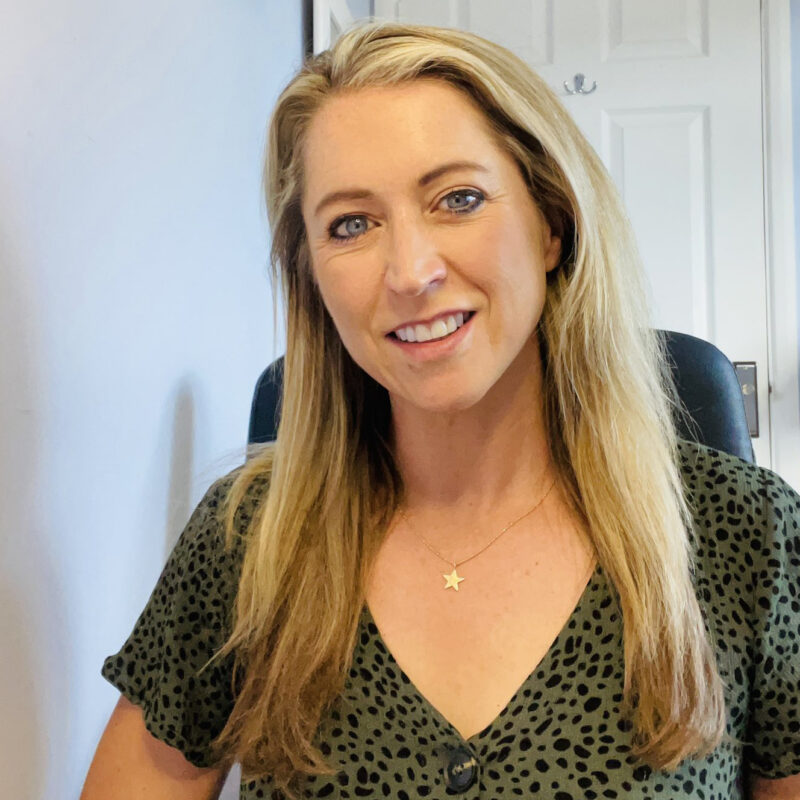Louise Rickman developed sepsis after the birth of her son, following discomfort breastfeeding. While healthcare professionals initially assumed it was mastitis, she was later diagnosed with cellulitis, which progressed to sepsis.
While she thankfully sought treatment in time and was able to stay out of intensive care, she is sharing her story in the hope of encouraging new mothers to trust their guts when it comes to something not feeling right…
Louise gave birth to Rex on 7th January 2022, after an episiotomy as he was 9lbs. Both mum and baby struggled with breastfeeding after Louise started bleeding due to cracked nipples. She consulted healthcare professionals, and was told to continue feeding through the pain. Louise said: “I guess from day three when my milk came in, it was absolute agony feeding him because I was feeding through cuts, using a nipple shield to protect myself, and just battling with the fact that he needed to be topped up with bottle feeding as well. It was sort of a blur in those first ten days, of just muddling through sleepless nights.”
Despite feeling a little bit better the day before, Louise woke up on day ten in absolute agony; she had a temperature, her body ached and her left breast was really painful, hot, and had a rash. The midwives told her to return to hospital, as due to the episiotomy they were worried about an infection. During her time in hospital, Louise used hypnobirthing techniques to continue feeding Rex despite the intense pain. She was told she had mastitis, given antibiotics and sent home but on the way home she started throwing up. Louise said:
“I actually really can’t necessarily remember that stage, other than just being so severely ill I almost thought I was dying.”
Louise’s mum came round the next day to help, and at that point the rash had spread to Louise’s right breast and was starting to creep up to her chest, around the sides and underneath her armpits. She had taken the antibiotics for 24 hours at this point, and her temperature was still 40 degrees despite taking paracetamol and ibuprofen too. The midwife came to visit for a routine check the following morning, and seeing that Louise had not improved, rang the hospital to get her sent in. Louise said: “As soon as we got to hospital, I remember saying at this point that I couldn’t breastfeed any longer. I’d done 48 hours through this absolute agony and in all honesty, and I still stand by this, it was far more painful than childbirth.”
The midwives made her continue pumping to ensure that her milk supply didn’t dry up, which was still excruciatingly painful. She was admitted to hospital overnight, with Rex, due to him being a newborn. During the first night in hospital, Louise said: “I had to lie him on the bed and feed him with a bottle because I couldn’t pick him up. And then I had to call the midwives to then come and pick him up and put him back in the cot. I couldn’t even hold myself up, let alone hold him up.”
She was sent for a variety of tests, including MRI scans and X-rays, and told to keep pumping throughout. But at that point her milk supply looked more like “bright yellow Lucozade”, according to Louise. At this point, doctors were still treating Louise for mastitis. She asked for morphine for the pain – which she didn’t take during labour – and then finally put her foot down with the midwifery team and said she wanted to stop pumping. A lactation consultant was called in, who gave her some last minute tips for continuing but after sleeping on the decision and speaking to family members, Louise decided to stop pumping. Louise said:
“I was hallucinating. I could feel my mental health spiralling out of control. My temperature was still sitting at 41 degrees. It was one big mess.”
Eventually, taking pity on her, one obstetrician decided to get to the bottom of what was wrong with Louise, and she got the breast clinic involved in her care. After an ultrasound, it was discovered that Louise had cellulitis, with lots of fluid around the inflamed areas. Louise said: “From that point on, I was being treated for sepsis and then it wasn’t until five days later that I then was discharged.”
But Louise and her partner Louis weren’t told that it was sepsis at the time; it was only reading her notes after discharge and speaking to Louis’ sister who is a NHS healthcare professional that the couple came to understand what had happened.
Unfortunately, Louise wasn’t out of the woods at that point; shortly after discharge she had Covid, and then she also got norovirus due to her weakened immune system. Due to the trauma of these ordeals, Louise suffered with Post-Traumatic Stress Disorder and Post-Natal Depression. A mental health worker recognised this and referred her to a mental health team attached to the birthing unit, where she was able to access trauma therapy. Louise said: “I felt like me at the end of it and that’s when I then went, ‘Oh, yeah, I did need it [therapy]’. Even though I came in on the first or second session I went, I don’t need this, I feel like a bit of a fraud accessing this as I feel fine today.”
Louise and her partner sadly lost a pregnancy in October 2023, which brought up a lot of the traumatic memories again as the miscarriage had to be surgically removed, and the procedure took place in the same ward. She was referred back to the trauma therapist, but decided not to proceed with sessions at that time. But Louise has not ruled out further mental health support if she does go on to have another child. She said: “I have even said to my husband, if we’re fortunate to have another child, I would pay for therapy this time because actually it was so essential for what I needed to get through.”
Now, two years down the line, Louise’s energy is concentrated on looking after Rex, who is now a lively and cheeky toddler, as well as her job in content producing. She is keen to share her story to help raise awareness of the sepsis risk among expectant parents. In terms of advice, Louise said:
“I just think the biggest take away is trust your gut, whether healthcare’s professionals are saying one thing or another, you’ve really got to push for what you think is happening because ultimately you’re the one that’s in charge of your body and you know, really, what’s going on deep down.”
Louise also thinks antenatal classes could do more to educate expectant parents about sepsis; in both new mothers and newborn babies. She said: “I think that people need to have far more awareness of what illness looks like in newborns and in mothers as well.”
